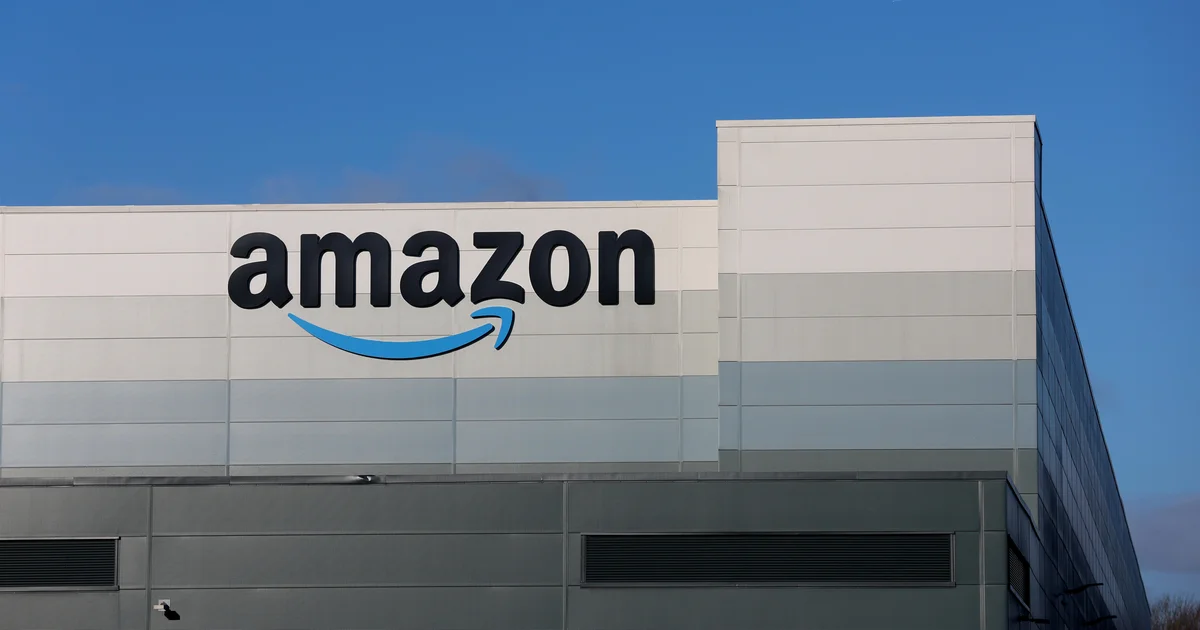By Mary Cunningham
Copyright cbsnews

Amazon agreed to pay $2.5 billion to settle a Federal Trade Commission case over whether it duped customers into signing up for Prime and made it difficult for customers to cancel their membership. As part of the settlement, announced Thursday, Amazon will provide $1.5 billion in refunds to customers that were harmed by what FTC referred to as “deceptive Prime enrollment practices.” About 35 million Prime customers who were impacted by the practices could qualify for $51 each as part of the settlement, the FTC said in legal documents.Amazon is also required to pay a $1 billion civil penalty, the largest in any FTC rule violation case to date. The FTC said the $1.5 billion payout to customers is the second-highest restitution award in the agency’s history. Prime customers who are eligible for the payout include those who may have signed up for a membership via the company’s “Single Page Checkout” between June 23, 2019 to June 23, 2025. Amazon must distribute the payments to all affected customers within 90 days, according to the court order.”The evidence showed that Amazon used sophisticated subscription traps designed to manipulate consumers into enrolling in Prime, and then made it exceedingly hard for consumers to end their subscription,” FTC Chairman Andrew N. Ferguson said in a statement, adding, “Today, we are putting billions of dollars back into Americans’ pockets, and making sure Amazon never does this again.”Amazon neither admitted nor denied the allegations in the complaint, according to the legal documents. In a statement shared with CBS News, the company said Amazon and its executives have “always followed the law” and that the settlement allows them to “move forward and focus on innovating for customers.”In addition to offering compensation to impacted customers, the FTC said Amazon was also required to make changes to its Prime enrollment and cancellation practices, which documents showed that company executives and employees knowingly discussed. The changes included adding a “clear and conspicuous” button to its site for customers to decline a Prime membership offer. In addition, the e-commerce giant was told to make it easier for Prime members to cancel their membership. “The process cannot be difficult, costly, or time-consuming,” the FTC said in its statement.A spokesperson for Amazon said in an email that the changes outlined by the FTC press “have already made, many of them years ago.”The FTC’s efforts to make it easier for customers to cancel subscriptions extend beyond Amazon. In 2024, the commission approved a “click-to cancel rule,” which would have allowed consumers to more quickly end streaming services, gym memberships, product deliveries and other subscriptions. The rule had been set to take effect July 14, but was blocked by a federal court that month.”We hope the FTC resurrects the click-to-cancel rules to protect millions of consumers from shady sales tactics,” said Teresa Murray, consumer watchdog director at U.S. PIRG Education Fund, a nonprofit public interest group, in en email. “In the meantime, we hope this Amazon settlement sends a strong message to any company operating in ways that could conceivably confuse customers or thwart their efforts to not be customers any more.”Thursday’s settlement, which came two days after a jury trial kicked off in Seattle, represents the culmination of a two-year case that the FTC began in June 2023.Amazon Prime provides subscribers with perks that include faster shipping, video streaming and discounts at Whole Foods for a fee of $139 annually, or $14.99 a month.It’s a key and growing part of Amazon’s business, with more than 200 million members. In its latest financial report, the company reported in July that it booked more than $12 billion in net revenue for subscription services, a 12% increase from the same period last year. That figure includes annual and monthly fees associated with Prime memberships, as well as other subscription services such as its music and e-books platforms.In a separate case, the FTC is looking into whether Amazon has allegedly engaged in monopolistic behavior that allows it to inflate prices and suppress competition from rivals in violation of antitrust laws.



